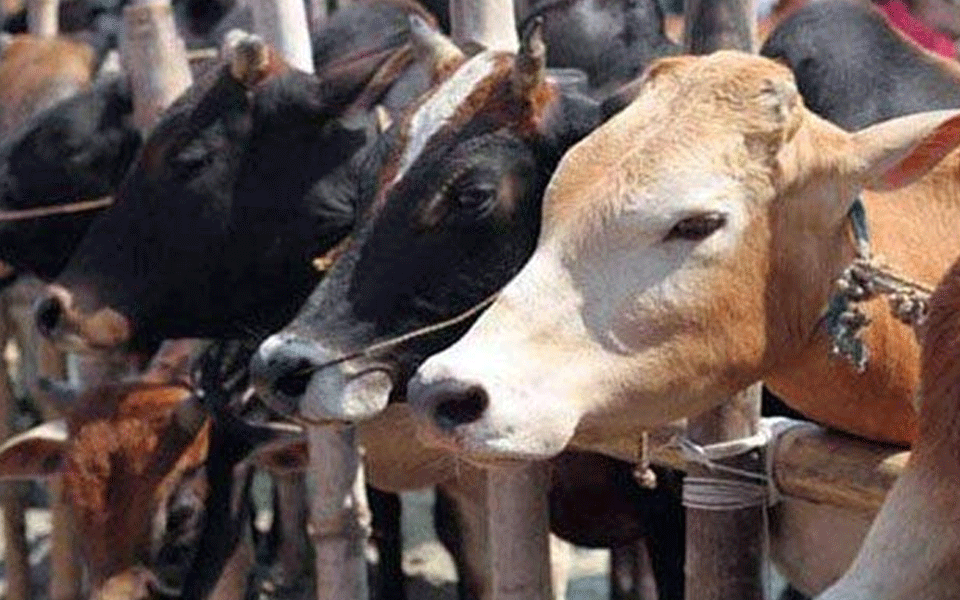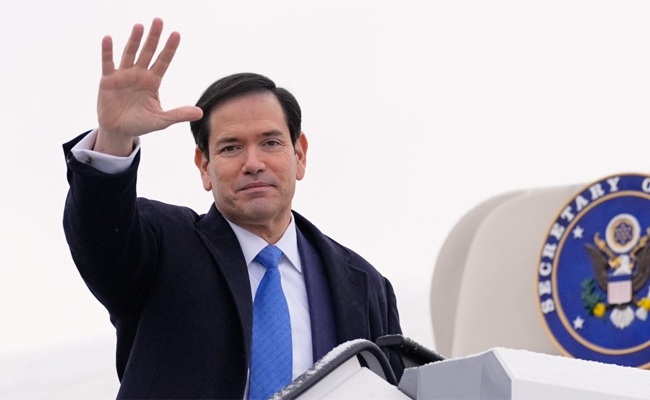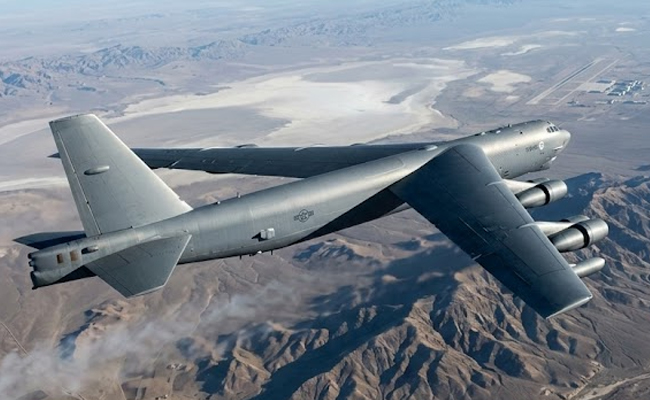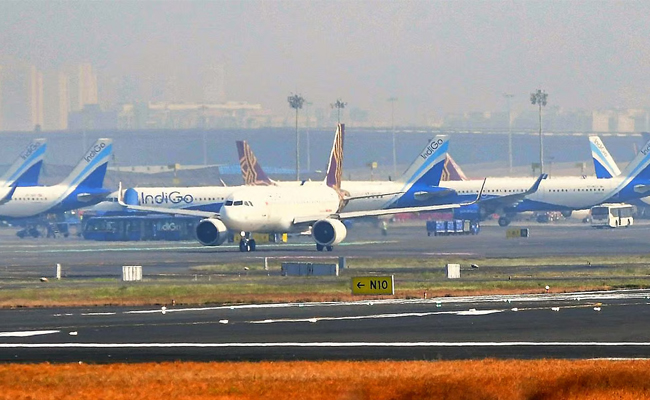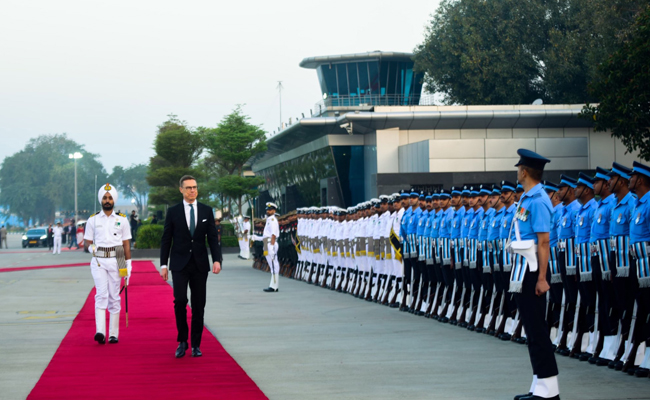The murder of cattle trader Husenabba has taken a mysterious turn. Husenabba’s body was found in a settlement around Udupi, after he was picked up by police, after Sangh Parivar people had assaulted him for transporting cattle. Investigations have revealed he died following a gruesome blow to his head. Now what remains to be established is whether this deathly blow was rained on him by Sangh Parivar members who had assaulted him before police took him in their vehicle for further investigation, or the police harmed him while he was in their custody. Initially the police had registered a case of mysterious death after Husenabba’s body was found, stating he must have died owing to exertion or heart attack as he had escaped when Sangh Parivar members caught him red handed with the cattle. But the case was reopened owing to public pressure that expressed doubts on the conclusion reached by the police. With that, a shocking truth of police being hand in glove with the perpetrators came to light. The miscreants had assaulted Husenabba in the presence of police and put him into the official jeep. When the cops took him to police station they realized Husenabba was dead. Then the body was disposed of in a secluded area with the help of Sangh Parivar, and the police floated the theory of heart attack.
The post mortem report had to state whether Husebanna died of heart attack or as a result of assault. Now, the report says it was due to serious injury to the head that he died. Investigation needs to be carried out to see who caused the injury to him – Sangh Parivar or the police? What’s clear beyond doubt is that the police have a prominent role in the murder. Else why would they dispose the body in some remote area? The higher authorizes of police department need to be commended for having carried out an impartial investigation even when their own colleagues are involved in the crime.
The state government has handed over the case to CID since a neutral agency needs to investigate into the case that has police involvement in the crime. Now that cops have probed into the mater, and have arrested the accused, is there a need for another investigation? The reason for this is a case of Adi Udupi which had such gaping holes that the accused easily got out of it without being charged of any crime. The police could not collect evidence against anyone and produce in the court. Senior members destroyed some prominent evidence and witnesses. Everyone went scot free after this. In case of Husenabba police department has shown the gumption to level charges against its own people, without attempting to camouflage the facts. But then why did it get transferred to CID? We do not have answers yet for that. Since police department has Sangh Parivar members too within its folds, it is better for a neutral agency to investigate. Police department has provided impetus to Sangh Parivar to increase its presence in coastal Karnataka. There seems to be great understanding between fake Gaurakshaks and cops in these areas.
There is another aspect here. The man who sold the cattle has informed the Sangh Parivar members about Husenabba having bought it from him. This makes him partner in the crime. Such cases are aplenty. If the police can level charges against cattle traders or transporters, why can’t they hold cattle selling-owners equally responsible too? Else such cases would increase with no fairness in the trade. CID police have a great responsibility in terms of bringing the culprits to book in Husenabba case and repose faith of coastal Karnataka people on the law implementation agencies.
Let the Truth be known. If you read VB and like VB, please be a VB Supporter and Help us deliver the Truth to one and all.
Washington: Tensions rose at the US Capitol on Tuesday as lawmakers sought clearer answers from the Trump administration on the objectives, duration and costs of the ongoing military campaign against Iran, even as preparations advanced for votes aimed at curbing the president’s war powers.
Senior officials, including Secretary of State Marco Rubio, briefed members of the House and Senate for a second consecutive day behind closed doors, as reported by the Associated Press. The sessions came ahead of votes on war powers resolutions that would limit President Donald Trump’s authority to continue joint US-Israel operations without congressional approval.
Rubio told reporters that the president acted to prevent Iran from striking first. He rejected suggestions that Washington moved only because Israel was poised to launch its own offensive, saying instead that Trump believed the weekend presented a rare opportunity to act with maximum impact. “There is no way in the world that this terroristic regime was going to get nuclear weapons, not under Donald Trump’s watch,” Rubio said.
ALSO READ: BLR airport sees 34 int'l flight cancellations amid Middle East crisis
The conflict has widened following US and Israeli airstrikes on February 28 that killed Iran’s Supreme Leader, Ayatollah Ali Khamenei. Iran has since launched missile attacks targeting US military bases in the region. At least six American service personnel have died so far.
The administration has indicated that supplemental funding may be required to sustain operations. It added that the concerns among lawmakers about the financial burden and potential for a prolonged engagement has disrupted legislative business, sharpening political divisions at the start of a competitive midterm election cycle.
Associated Press cited Senate Democratic Leader Chuck Schumer’s concerns about what he described as possible “mission creep.” Senator Angus King questioned whether the United States had been drawn into war at Israel’s urging, while Senator Elizabeth Warren asked how the campaign aligned with Trump’s “America First” pledge to avoid extended foreign conflicts.
Defence official Elbridge Colby told senators the president had directed the military to degrade Iran’s missile capabilities and prevent it from acquiring nuclear weapons, stressing that the objective was not nation-building. Trump, speaking separately from the Oval Office, dismissed claims that Israel had forced his decision and suggested the conflict could continue if necessary. He has not ruled out deploying US ground troops.
Senator Richard Blumenthal was quoted by Associated Press as saying that he feared the possibility of American boots on the ground while Republican Senator Markwayne Mullin defended the operation, saying the president had acted decisively.
Uncertainty over Iran’s future leadership has added to concerns, with questions mounting about who might succeed Khamenei as Trump rejected the idea of backing Reza Pahlavi, the exiled crown prince of Iran’s former monarchy. Senate Majority Leader John Thune said the future of Iran should be determined by its people and House Speaker Mike Johnson said the United States would not engage in nation-building.
Lawmakers from both parties also reported a surge in calls from constituents seeking assistance for Americans attempting to leave the region as hostilities intensify.
The US Constitution grants Congress the right to declare war, however presidents have routinely begun military activities without formal declarations. Both houses are anticipated to vote on proposals that would require explicit congressional approval to continue operations. Some members have also argued that if constraints are not imposed, Congress should consider issuing an Authorization for the Use of Military Force to put lawmakers on the record.
Associated Press quoted House Democratic Leader Hakeem Jeffries questioning the rationale for the campaign and saying there would be strong support among Democrats for the resolution. Johnson, however, warned that restricting the president during active combat could pose risks.

